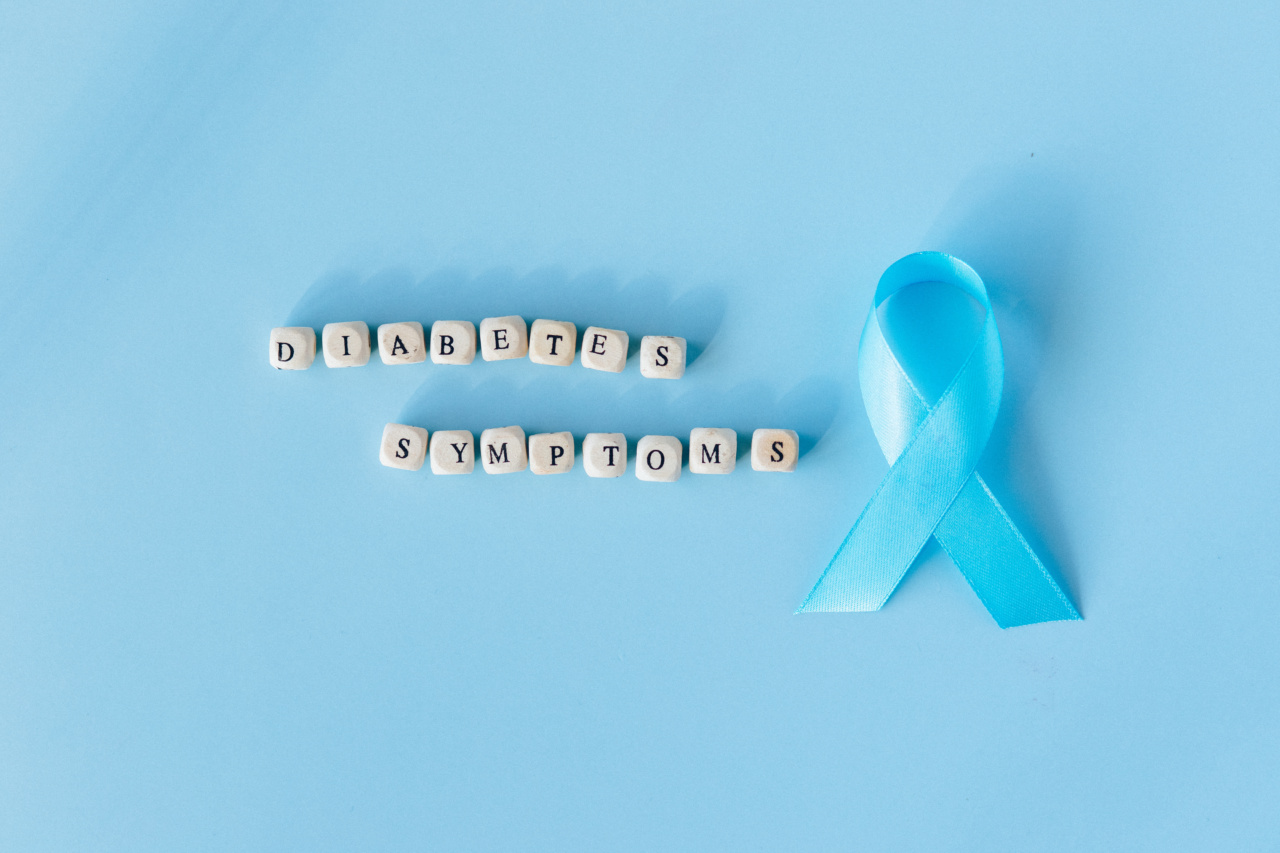Food poisoning, also known as foodborne illness, is a common condition caused by consuming contaminated food or beverages. It occurs when harmful bacteria, viruses, parasites, or their toxins are present in the food we eat.
The symptoms of food poisoning can vary depending on the specific pathogen involved, but there are several general symptoms that are common to most cases of food poisoning. In this article, we will explore these symptoms in detail, helping you recognize and respond to potential cases of food poisoning.
1. Nausea and Vomiting
One of the most prevalent symptoms of food poisoning is nausea, often accompanied by vomiting. The body reacts to the ingestion of harmful bacteria or their toxins by triggering the vomiting reflex in an attempt to expel the toxins.
The severity and duration of nausea and vomiting can vary depending on the particular pathogens involved and the individual’s immune response.
2. Abdominal Pain and Cramps
Another common symptom of food poisoning is abdominal pain or cramps. These pains can range from mild discomfort to intense cramping, leading to significant distress.
The abdominal pain is usually localized in the stomach or lower abdomen and can be accompanied by bloating or a feeling of fullness.
3. Diarrhea
Diarrhea is a prevalent symptom of food poisoning and is characterized by loose, watery stools. The body attempts to eliminate the toxins or infectious agents by increasing the frequency and volume of bowel movements.
Diarrhea caused by food poisoning may be accompanied by urgency or an inability to control bowel movements.
4. Fever
Fever is a common symptom of many types of infections, including food poisoning. When the body detects the presence of harmful pathogens, it responds by raising its internal temperature to help fight off the infection.
Fever associated with food poisoning is usually mild to moderate and may be accompanied by chills or sweating.
5. Fatigue
Feeling exhausted and lacking energy is a common symptom experienced by individuals with food poisoning.
The body’s immune response, combined with the physical and physiological stress caused by the infection, can lead to fatigue and a general feeling of weakness.
6. Muscle aches
Food poisoning can cause muscle aches and pains, commonly affecting the back, arms, and legs. These aches typically result from the body’s immune response to the infection and the release of certain chemicals that cause inflammation.
Muscle aches can vary in intensity and may last for several days.
7. Headache
A headache is a non-specific symptom experienced by some individuals with food poisoning. It can range from mild discomfort to severe pain and may be accompanied by other symptoms such as nausea or fatigue.
The exact cause of headaches during food poisoning is still not fully understood, but it is believed to be associated with the body’s immune and inflammatory responses.
8. Dehydration
Dehydration is a common concern in cases of food poisoning, primarily due to the associated symptoms of diarrhea, vomiting, and fever. These symptoms can lead to fluid loss, potentially resulting in dehydration.
Signs of dehydration include dry mouth, decreased urination, excessive thirst, and dizziness. It is crucial to replenish fluids and electrolytes lost through dehydration promptly.
9. Loss of Appetite
Food poisoning can significantly reduce or completely suppress the desire to eat.
Loss of appetite is a common symptom as the body recognizes the presence of harmful pathogens and instinctively tries to avoid further ingestion of contaminated food or beverages. It is important to listen to your body and not force yourself to eat until the symptoms subside.
10. Symptoms Resolution
The symptoms of food poisoning typically resolve within a few days without medical intervention.
However, some people, such as the elderly, young children, pregnant women, or individuals with weakened immune systems, may experience more severe symptoms and complications. If you or someone you know has persistent or severe symptoms, medical attention should be sought.




























